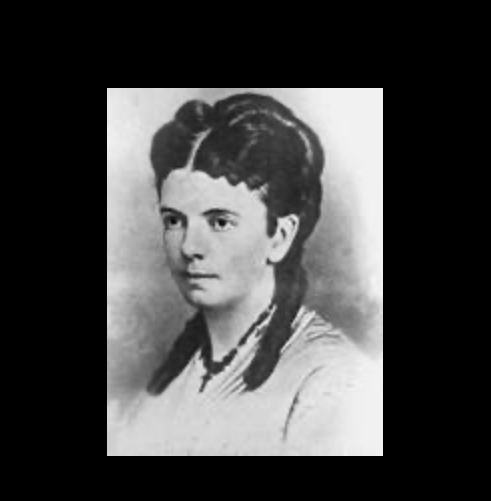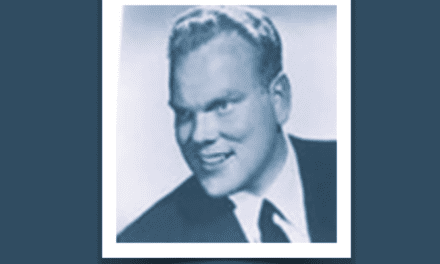Margarethe Schurz a native of Hamburg, Germany, is the mother of early childhood education in her adoptive home of Wisconsin.
Across the Atlantic, at the tender age of sixteen, Margarethe Meyer attended a series of lectures by Friedrich Fröbel, a pioneering German educator, and he would ignite a fire that would burn brightly several years later and and an ocean away.
During this time, prevailing attitudes held that young children were wild creatures to be tamed, molded into future productive workers. However, Fröbel and Margarethe saw something different in children—an innate curiosity that they believed should be nurtured through play, thoughtfully selected toys, music, literature, and an exploration of nature.
Fröbel likened children to plants, and teachers to gardeners who would foster their growth and blossoming. Thus, the concept of the Kindergarten “garden of children” was born.
During the late 1840s, a significant portion of the Schurz family joined tens of thousands of her fellow Germans who made the difficult decision to leave their homeland.
Margarethe’s sister established a kindergarten in London, and Margarethe, eager to contribute, joined her, gaining invaluable experience in how Fröbel’s theories were applied in real life.
It was in London where Margarethe met and married Carl Schurz, a fellow exile who had fled Germany following his role as an officer on the losing side of the revolutions. In 1852, driven by a vision of new opportunities, they immigrated to the United States.
Eventually, in 1856, they settled in Watertown.
Margarethe Schurz’s astute observations and her deep-rooted belief in Fröbel’s educational philosophies spurred her to introduce his revolutionary methods to American soil.
She became a torchbearer of innovative kindergarten education in the United States, shaping the minds of countless young learners and inspiring a burgeoning movement that embraced play-based learning, creativity, and holistic development.
Margarethe Schurz’s remarkable journey laid the foundation for the progressive approach to early childhood education that we cherish today. Her legacy lives on through the continued influence of her ideas and practices, transforming the way we understand and nurture the youngest generation’s thirst for knowledge, exploration, and growth.


















